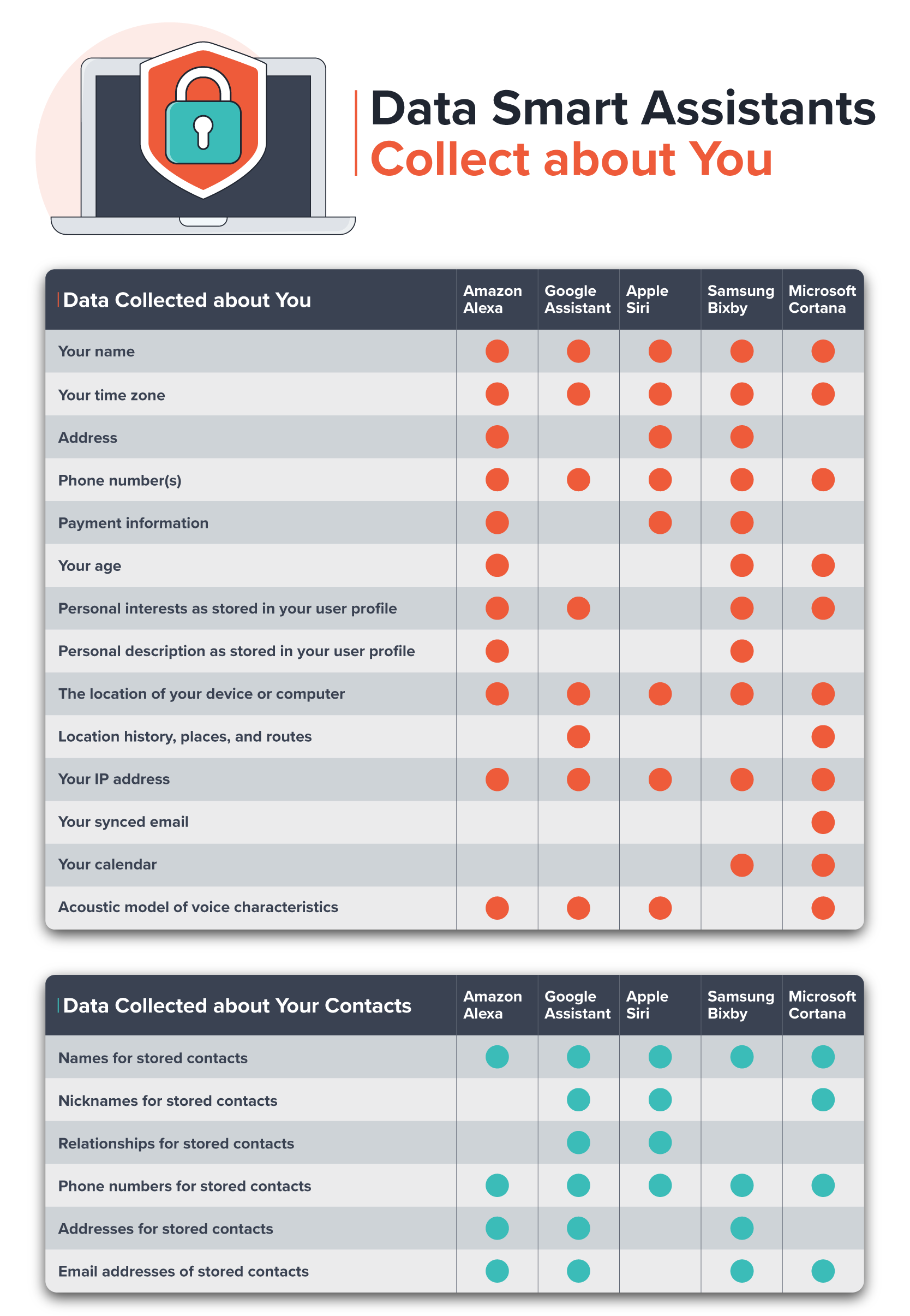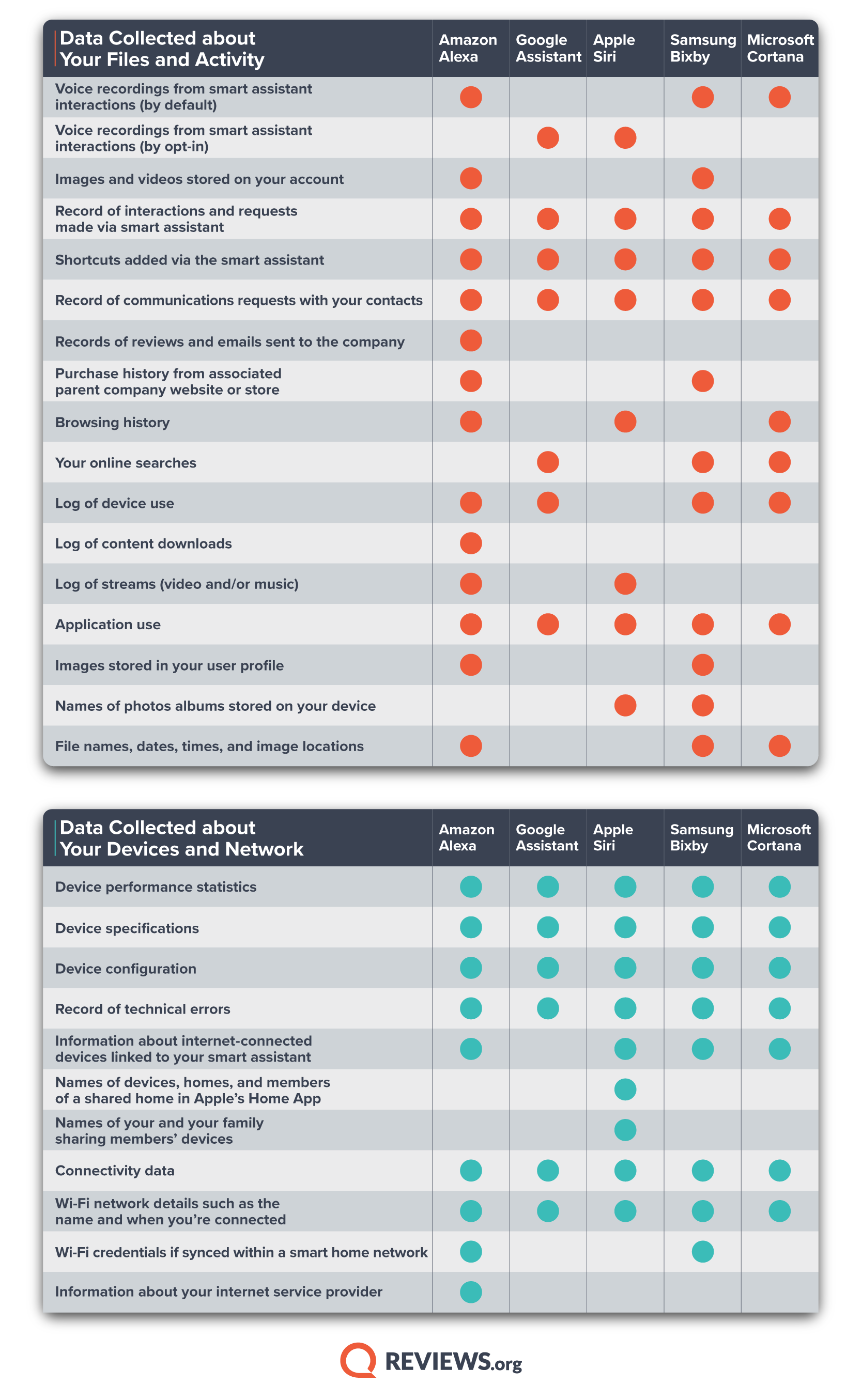The secrecy surrounding all things national security-related continues to thwart lawsuits alleging rights violations. The Fifth Circuit Court of Appeals has just dumped a complaint brought by Abdulaziz Ghedi, a naturalized American citizen who takes frequent trips to Somalia, the country he was born in. According to Ghedi’s complaint, rejecting the advances of one federal agency has subjected him to continuous hassling by a number of other federal agencies.
The Appeals Court decision [PDF] opens with a paragraph that telegraphs the futility of Ghedi’s effort, as well as the ongoing string of indignities the government has decided to inflict on people who just want to travel.
Abdulaziz Ghedi is an international businessman who regularly jets across the globe. Frequent travelers, however, are not always trusted travelers. In recent years, Ghedi has had repeated run-ins with one of America’s most beloved institutions: modern airport security.
The general indignities were replaced with seemingly more personal indignities when Ghedi decided he wasn’t interested in working part-time for the feds.
Ghedi complains that ever since he refused to be an informant for the Federal Bureau of Investigation a decade ago, he has been placed on a watchlist, leading to “extreme burdens and hardship while traveling.”
This isn’t a novel complaint. This has happened to plenty of immigrants and US citizens who visit countries the federal government finds interesting. Many, many Muslims have been approached by the FBI to work as informants. And many have reported their traveling experiences got noticeably worse when they refused to do so.
Without moving past a motion to dismiss, there can be no discovery. And national security concerns means there isn’t going to be much to discover, even if a plaintiff survives a first round of filings.
Unsurprisingly, the Government refuses to confirm or deny anything.
That put Ghedi in the crosshairs of “a byzantine structure featuring an alphabet soup of federal agencies,” as the court puts it. The DHS oversees everything. Day-to-day hassling is handled by the TSA (domestic travelers) and the CBP (international travelers). Ghedi saw more of one (CBP) than the other, but the TSA still handles screening of passengers and luggage, so he saw plenty of both.
The refusal to join the FBI as a paid informant apparently led to all of the following:
• an inability to print a boarding pass at home, requiring him to interact with ticketing agents “for an average of at least one hour, when government officials often appear and question” him;
• an SSSS designation on his boarding passes;
• TSA searches of his belongings, “with the searches usually lasting at least an hour”;
• TSA pat downs when departing the U.S. and CBP pat downs when returning to the U.S.;
• encounters with federal officers when boarding and deboarding planes;
• questioning and searches by CBP officers “for an average of two to three hours” after returning from international travel;
• CBP confiscation of his laptop and cellphone “for up to three weeks”;
• being taken off an airplane two times after boarding; and
• being detained for seven hours by DHS and CBP officials in Buffalo, New York in May 2012 and being detained in Dubai for two hours in March 2019.
Ghedi approached the DHS through its court-mandated redress program to inquire about his status twice — once in 2012 and again in 2019. In both cases, the DHS refused to confirm or deny anything about his travel status or his placement on any watchlists that might result in enhanced screening and extended conversations with federal agents every time he flew.
Ghedi sued the heads of all the agencies involved, alleging rights violations stemming from his refusal to become an informant and his apparent placement on some watchlist operated by these agencies.
Ghedi brings two Fourth Amendment claims. The first alleges that the heads of the DHS, TSA, and CBP violated his Fourth Amendment rights through “prolonged detentions,” and “numerous invasive, warrantless patdown searches” lacking probable cause. The second alleges that the heads of the DHS, TSA, and CBP also violated his Fourth Amendment rights through their agents conducting “warrantless searches of his cell phones without probable cause.” The Fourth Amendment protects “[t]he right of the people to be secure in their persons . . . and effects, against unreasonable searches and seizures.”
The district court said he had no standing to sue. The Fifth Circuit says he does. But standing to sue doesn’t matter if you sue the wrong people. The Appeals Court says there’s a plausible injury alleged here, but it wasn’t perpetrated by the named defendants.
Even though we hold that Ghedi has plausibly alleged an injury in fact, he still must satisfy standing’s second prong—that his injury is fairly traceable to these Defendants. Here Ghedi’s Fourth Amendment claims falter. That is because Ghedi bases his Fourth Amendment claims on TSA and CBP agents’ searching him and seizing his electronics. He argues these searches and seizures are atypical actions, even for people on the Selectee List. Yet instead of suing these agents directly, Ghedi has brought his Fourth Amendment claims against the heads of DHS, TSA, and CBP. Ghedi does not allege that any of these officials personally conducted or directed the searches or seizures he has experienced. And his allegations that his experiences are atypical cut against an inference that these agents are following official policy.
Not only that, but the court says Ghedi has never been prevented from traveling. At worst, traveling has become a constant hassle, marked by hours-long delays, unexplained device seizures, and plenty of unwanted conversations with federal agents. But ultimately Ghedi got where he was going and I guess that’s good enough.
Ghedi never alleges that he was prevented from ultimately getting to his final destination. At most, these allegations lead to a reasonable inference that the Government has inconvenienced Ghedi. But they do not plausibly allege a deprivation of Ghedi’s right to travel.
There are some rights the court will recognize but this isn’t one of them.
In short, Ghedi has no right to hassle-free travel. In the Supreme Court’s view, international travel is a “freedom” subject to “reasonable governmental regulation.” And when it comes to reasonable governmental regulation, our sister circuits have held that Government-caused inconveniences during international travel do not deprive a traveler’s right to travel.
And, putting the final nail in Ghedi’s litigation coffin, the Appeals Court says the government’s secrets may harm individuals but they can’t harm their reputation… because they’re secret.
As we noted at the outset, Ghedi’s status on the Selectee List is a Government secret. Simply put, secrets are not stigmas. The very harm that a stigma inflicts comes from its public nature. Ghedi pleaded no facts to support that the Government has ever published his status—one way or the other—on the Selectee List. His assertions that the Government has attached the “stigmatizing label of ‘suspected terrorist’” and “harm[ed] . . . his reputation” are legal conclusions, not factual allegations.
That’s how it goes for litigants trying to sue over rights violations perpetrated by agencies engaged in the business of national security. Allegations are tough to verify because the government refuses to confirm, deny, or even discuss a great deal of its national security work in court. Ghedi could always try this lawsuit again, perhaps armed with FOIA’ed documents pertaining to his travels and the many agencies that make it difficult for him. But that’s as unlikely to result in clarifying information for the same reason: national security.
[…]


